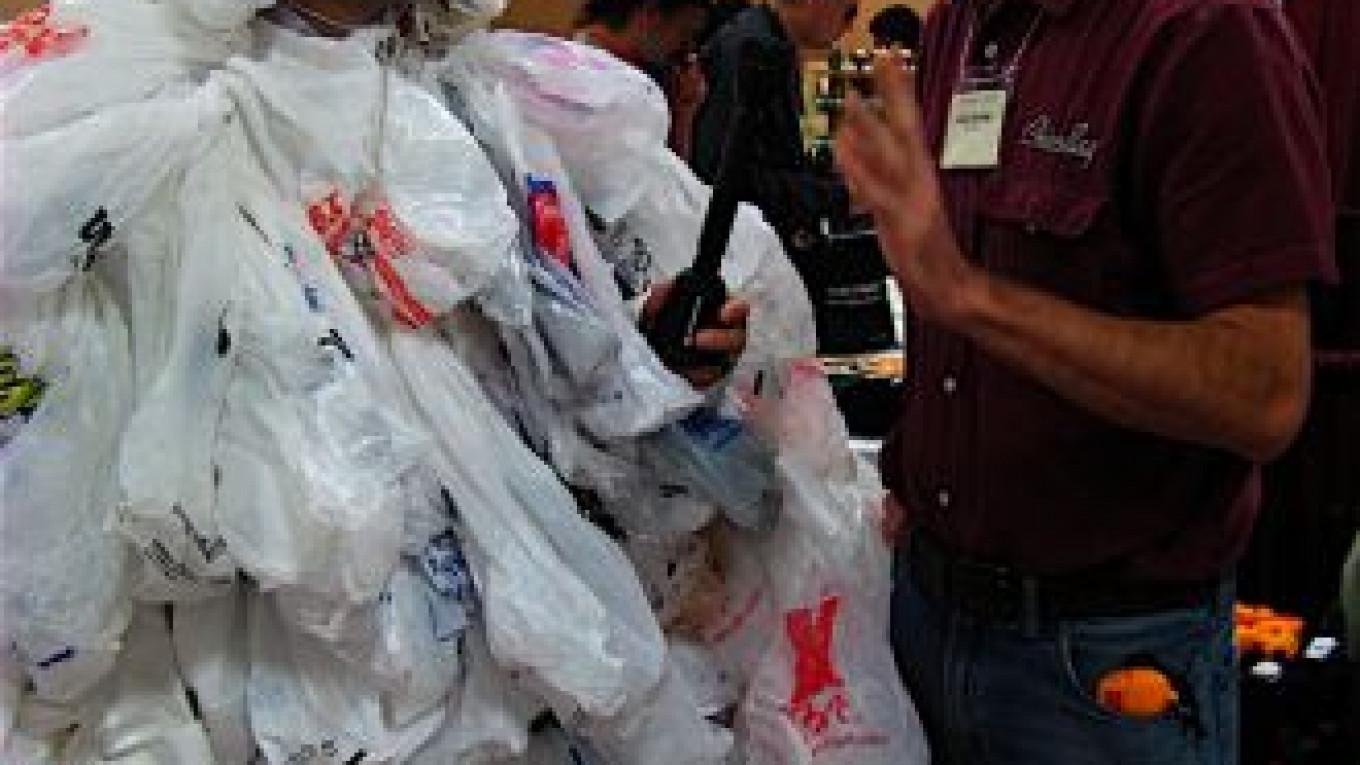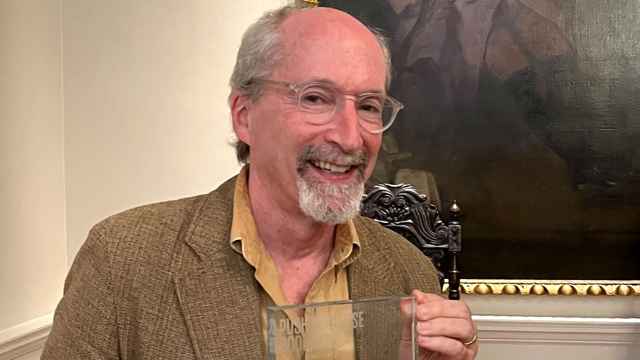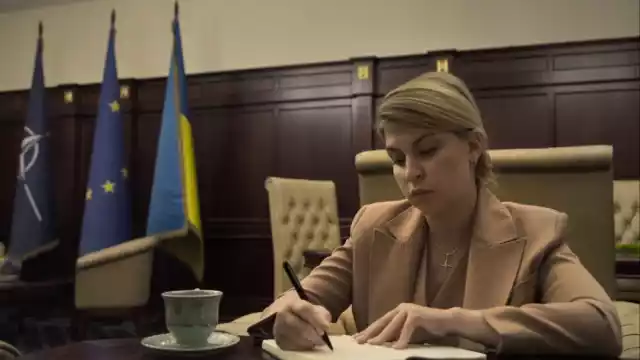When Al Gore confronted the world in 2006 with "An Inconvenient Truth," he probably couldn't foresee that his message would energize filmmakers in the global environmental movement to reach out as far as Krasnoyarsk. Well, it has.
From a gathering of enthusiasts over coffee four years ago, EcoChashka has grown into a full-fledged festival, visiting cities in Russia, Ukraine and Kazakhstan.
Last weekend, the volunteer-run event brought selected foreign and Russian documentaries to Cultural Center ZiL and Winzavod Modern Art Center in Moscow. Screenings also took place in Krasnoyarsk, and more are planned this year in nine other cities.
Festival organizer Anastasia Laukkanen said that unlike other festivals in Russia that focus on nature and animals, EcoChashka presents films that offer solutions to environmental problems and opportunities to discuss films with producers and directors.
The festival is an information-sharing platform that aims to challenge apathy, and the can-do attitudes of the films' characters are instrumental in that. From small initiatives, such as giving up disposable plastic bags, to big projects, such as building solar roadways, the characters empower audience members to seek a better lifestyle.
"Every film we chose has a character who says, 'I want to do this and I know I can do it.' We hope each viewer will leave feeling the same way," Laukkanen said at the festival's opening Friday.
"Drying For Freedom," directed by Britain's Steven Lake, is a thought-provoking and entertaining documentary that focuses on one example of energy waste, the dryer, to explore ideas of luxury, necessity and personal freedom.
On a journey around the U.S., where many middle-class communities have banned clotheslines, and at the world's biggest open-air laundry, in Mumbai, Lake discovers how the rapidly spreading Western "electric dream" is putting pressure on the world's finite resources.
"It is a close study on a huge issue," Lake said. "When you start expanding it, you look at the rest of the world consuming energy, using the dryer just like the U.S. does, [and] that alone is a huge amount of carbon waste. In many people's eyes, there is only one form of development, and that's through consumerism. And it doesn't have to be that way."
American Mark Dixon, producer of "YERT: Your Environmental Road Trip," packed up his 10-year career in Silicon Valley and with two friends embarked on a life-changing one-year journey across 50 U.S. states to explore solutions people were bringing to the environmental movement.
The film is based on more than 800 interviews done during their trip. It conveys the brilliance of human ingenuity and is deeply inspiring.
"We want people to recognize the magnitude of the challenge and the magnitude of the opportunity and learn how they can transform what they love so that it doesn't use carbon to be beautiful," he said.
The film's ecotainment style ensures that complex issues are communicated in a fun and engaging way. The trio undertakes a "garbage challenge," restricting themselves to one shoebox of garbage between them each month, which they must carry for the rest of the journey.
"I would love for Russians to take away a different sense of their relationship to the garbage that they create, to have a second thought each time they put anything in the garbage and to consider the full waste stream," Dixon said. "What did it take to get the raw materials to create that? How much earth had to be moved or polluted to make it? How long will they use it? And where will it go when they throw it away?"
Dixon added that generally people don't intend to pollute and often think they are unaffected by waste but that ecological problems cannot be put on hold because millions are already suffering.
The Global Humanitarian Forum estimated that climate change affected 325 million people and caused 315,000 deaths annually between 2008 and 2009.
Climate change mitigation depends on the creation of a globally binding carbon emissions agreement, and as more people demand it, politicians will succumb, Dixon said.
"We have billions of people on this planet," he said. "That's a lot of brainpower, a lot of opportunity for different ideas to arise from nothing, to grow and snowball, to find footholds in the world. I hope that we'll be able to share some ideas through the film to keep those ripples rippling."
Selected screenings of films included in EcoChashka will take place in Kazan, Naberezhnye Chelny, Izhevsk, Ryazan, Petrozavodsk, St. Petersburg, Astrakhan, Arkhangelsk and Volgograd. For the schedule, go to www.ecocup.ru.
Contact the author at [email protected]
Related articles:
A Message from The Moscow Times:
Dear readers,
We are facing unprecedented challenges. Russia's Prosecutor General's Office has designated The Moscow Times as an "undesirable" organization, criminalizing our work and putting our staff at risk of prosecution. This follows our earlier unjust labeling as a "foreign agent."
These actions are direct attempts to silence independent journalism in Russia. The authorities claim our work "discredits the decisions of the Russian leadership." We see things differently: we strive to provide accurate, unbiased reporting on Russia.
We, the journalists of The Moscow Times, refuse to be silenced. But to continue our work, we need your help.
Your support, no matter how small, makes a world of difference. If you can, please support us monthly starting from just $2. It's quick to set up, and every contribution makes a significant impact.
By supporting The Moscow Times, you're defending open, independent journalism in the face of repression. Thank you for standing with us.
Remind me later.






